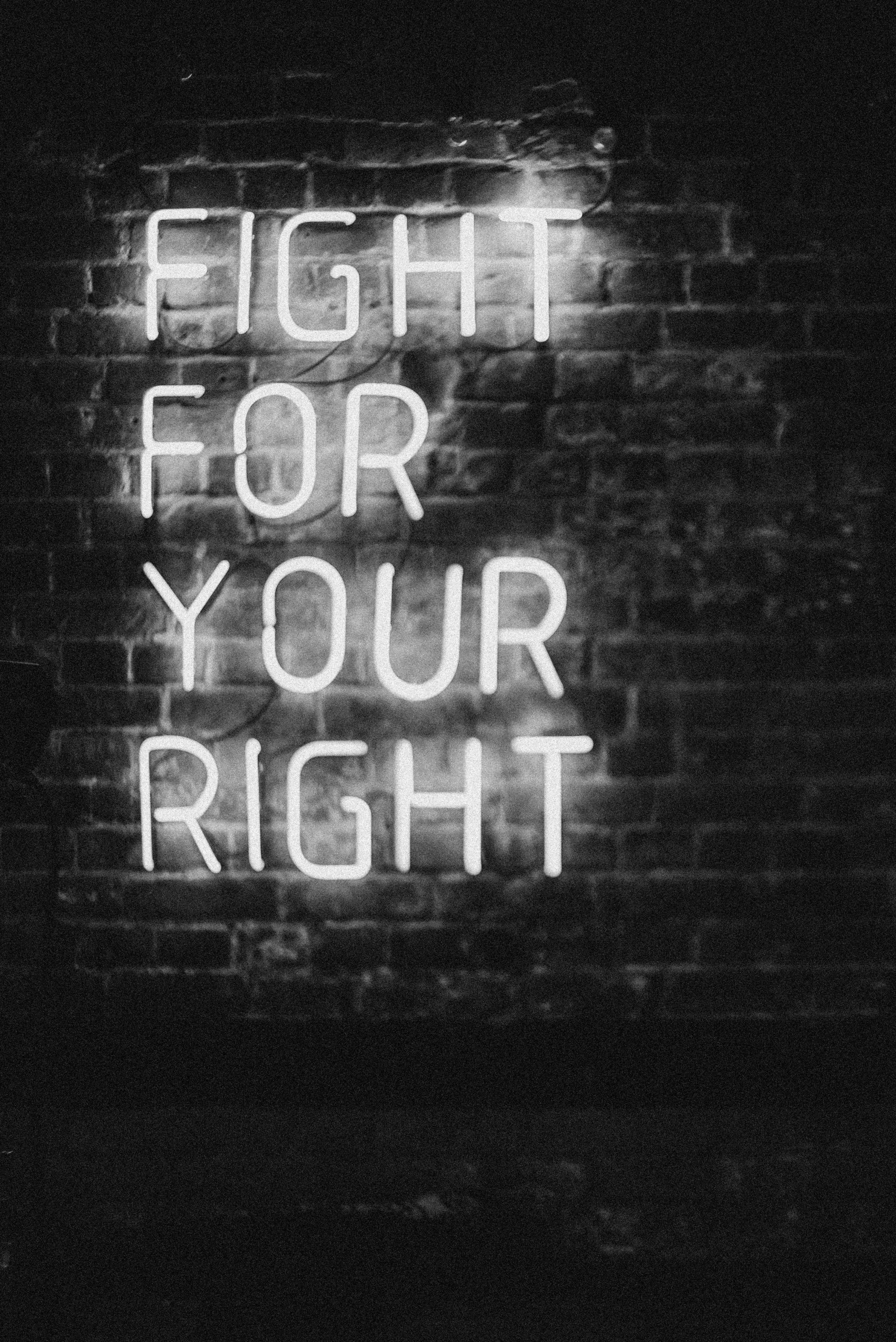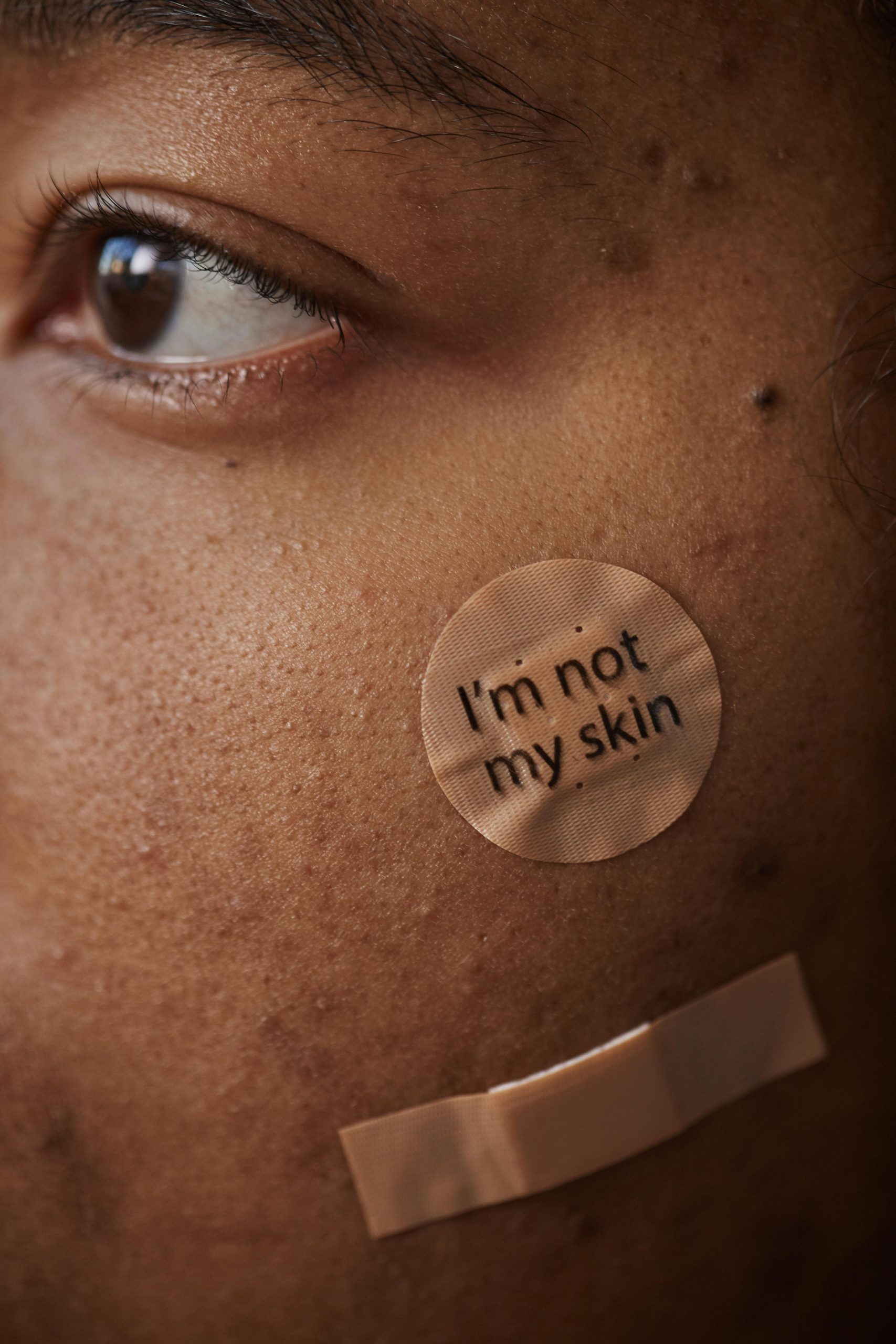Should I consider repairing my totaled car?
I drive a 2016 Ford Mustang V6, and I was recently in an accident on the highway. My car hydroplaned, causing me to veer into another lane, where I was struck on the rear passenger side by a Chevy Express van.
I received a citation for “failure to maintain lane.” Fortunately, my car is still drivable, but it had to be towed home due to a dead battery, which I intended to replace that same afternoon.
I contacted my insurance company, and they’re planning to pick up my vehicle for assessment at a staging center. The representative mentioned that the photos I sent indicate it could be a total loss, but we’ll have to wait for the adjusters to evaluate it for confirmation.
I’ve started to accept that it may indeed be totaled. After checking Kelley Blue Book, I found that my car’s value ranges from $8,000 to $10,500. Plus, it’s been fully paid off for a while now.




It sounds like you’ve had a really tough experience, and I’m sorry to hear about your accident. When it comes to deciding whether to repair a totaled car, there are a few factors to consider:
Insurance Assessment: Since the insurance company is assessing your vehicle, you’ll want to wait for their official determination about whether it’s a total loss. If the cost to repair the car exceeds its market value (which you found is between $8k-$10.5k according to KBB), they’ll likely declare it a total loss.
Repair Costs vs. Value: If the repairs are reasonable and your car’s value isn’t significantly affected, it might make sense to repair it. However, if they plan to total it, you’ll receive a payout based on its value, and any repairs would be on you.
Future Value: Consider how much your car’s value could drop after it’s been in an accident, even if it’s repaired. Many buyers are wary of cars with a history of significant damage, which could affect future resale value.
Sentimentality and Use: If the car has significant sentimental value to you or if you see it as a long-term vehicle that you love driving, it may be worth considering repairs, assuming they are feasible financially.
Potential for Other Issues: Vehicles that have been in accidents can sometimes develop problems later on. Make sure to factor in the potential for future repairs when thinking about the overall investment in the car.
Battery Situation: Since you mentioned the battery issue was prior, ensure that it’s evaluated along with the damage from the accident, as this could impact repair costs or decisions.
Ultimately, it will depend on the insurance adjuster’s findings, the estimated repair costs compared to your car’s value, and your personal preferences. Stay in close contact with your insurance adjuster to understand your options clearly once they assess your vehicle. Good luck, and I hope you find a resolution that works for you!